Home » Kratom Consumer Protection Act-Federal?

Kratom Consumer Protection Act-Federal?
- Anthony Dent, Founding Member
- 2 Comments
–Recent gains in the push to protect the rights of the kratom community see an encouraging turn. The American Kratom Association is looking to pass a federal Kratom Consumer Protection Act (KCPA).
A few months back, we were fortunate enough to land an interview with Mac Haddow of the AKA (American Kratom Association), a foremost leader in the movement to ensure that kratom remains accessible, legal, and safe for consumers. Despite the instability of the year 2020, Mr. Haddows tireless campaign is beginning to bear fruit.
The KCPA – Keeping Kratom Legal
The Kratom Consumer Protection Act seeks to bypass what could be a federal movement to attempt to ban kratom, as we saw from the FDA in 2016. While that misguided action was thwarted, the ever-astute AKA began to preemptively build a legislative bulwark from the state level. Remarkable instances have seen anti-kratom politicians, having initially been fed erroneous data about kratom, completely pivot their stance. Incredibly, these same legislators are now actively cooperating with the AKA and conducting efforts to advance the KCPA.
In the early summer of 2020, lawmakers from four states – Georgia, Arizona, Utah, and Nevada – sought to open a line of communication with the FDA’s leading policy makers. Oddly enough, while the FDA has long been against Kratom – despite their campaign running on the fumes of hearsay, unproven conjecture, and a fear of losing their prolific monopoly on painkillers – they are hesitant to engage in any dialogue with leaders of the kratom community. In addition to a stark refusal to acknowledge data that doesn’t fit their narrative and resistance to the fact that the kratom community wants transparency and regulation just as much as they do, the FDA is attempting to use the hamfisted methodology of the DEA to blanket their assertions behind a scientific impasse.
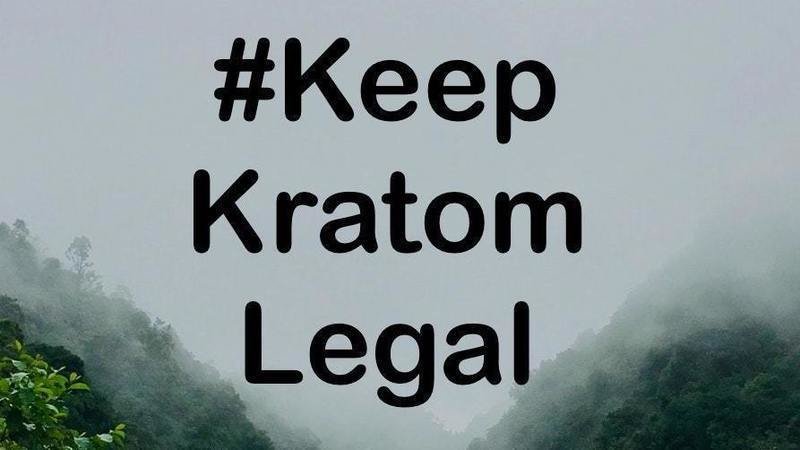
The FDA sought to compel the DEA to add kratom to their ‘Schedule 1’ drug list, hilariously next to things such as crystal meth and crack cocaine. By doing so, it would categorize kratom as a public health hazard and a substance with no medical potential. And yet, the excitable DEA – whose jobs and survival is contingent upon America’s draconic, archaic drug law and their ability to enforce it – couldn’t bring themselves to include kratom anywhere on their scheduling program, even lower down the list. Maybe somewhere along the line, the DEA saw stories like this one, or this, which includes countless Americans claiming that ‘Kratom has saved my life’. Maybe they noticed the deluge of studies which expound on the tremendous medicinal potential of kratom, or realized that kratom could simplify their battle against the opioid epidemic (a war enabled by the FDA, of course) – not to mention, save thousands more lives from the scourge of painkillers.
The DEA seems aware of these things – thus their shocking decisions to counter the FDA’s claims and deny their request – and so the kratom community wonders why the FDA, whose job it is to know these things, does not know. Even more troubling, and probable, is that the FDA is well aware of these beneficial facets of kratom (A petition with 120,000 signatures from veterans, congressmen, businessman, etc.. sent to the White House in favor of Kratom is hard to miss) but chooses to ignore or discount them. And so leaders of the kratom community, including the AKA, have long sought an audience with the FDA, that they may present a transparent discourse that would likely surprise the FDA in demonstrating how aligned the goals of both groups are; a higher quantity of quality studies, fair regulation, and expansions of medicines to those who could stand to benefit from them.
A Growing Chorus
The inclusion of lawmakers now among the numbers calling for a conference to, apparently, get the FDA up to date with what the rest of the world has known for many years, will, with any luck, prompt a more enthusiastic reception. The congressmen sent a letter encapsulating the sentiments of the kratom community and lawmakers, which are symbiotic.
Included in the letter is a request that the FDA utilizes a “realistic view” of the “current science”. This comes as a somewhat damning suggestion from the lawmakers, as one would assume the FDA would use realism and modern science as the foundations of all their policy.

The congressmen cite the “10-15 million” strong kratom community and note that it’s a “Fool’s game” to continue the tired, damaging ‘War on Drugs’ imposed by a less enlightened society in the 1960’s. (Of course, recent racial tensions in America have once again shone light on the fact that the ‘War on Drugs’ was an excuse to over-police minorities and delegitmize protestors of Vietnam.) The analogy to CBD is an apt one, as used in the letter to the FDA. Lawmakers, ever hesitant to make strong claims, feel confident enough in the current science to note the “Low rates of adverse events”. Bear in mind, of course, that for kratom, adverse events generally equate to constipation or an upset stomach, as no deaths have ever been recorded as a result of kratom. They also give a nod to the potential for kratom to mitigate the unspeakable harm caused by the opioid epidemic; “(it can) help them abstain from the use of other, more harmful substances[opiates].”
The home states of these lawmakers have seen the Kratom Consumer Protection Act passed during the 2019 session. It’s a tremendously encouraging precedent for the kratom community, as is the active endorsement from our sometimes fickle politicians. For how little they can agree on, it’s telling that over 50 legislators have publicly thrown their lot in with kratom since the 2016 spat with the FDA. Even better are the diminishing efforts to ban kratom, as numerous states have seen proposed legislation to ban the sale or possession of kratom have dissipated as a more informed perspective settles in. The authors of the letter noted that had the coronavirus pandemic not cut short legislative efforts, more than a dozen states would have passed the Kratom Consumer Protection Act. The momentum is undeniable; as they put it, “We’re not going to be able to say you can’t use kratom products.”
The authors of the letter represent a bipartisan effort, and they should be lauded for their efforts: Arizona Rep. Tony Rivero (R-Peoria), Georgia Rep. Vernon Jones (D-Lithonia), Nevada Assemblyman Jim Wheeler (R-Douglas) and Utah Sen. Curtis Bramble (R-Provo). These legislators are among a growing group that suggests a turning of the tide in American culture, one that has had enough with federal interdictions with individuals abilities to promote their own health and make their own decisions in regards to consumption – especially consumptions of innocuous substances like kratom, a relative of the coffee plant.
In a year devoid of good news, we can take solace in the progress that kratom has enjoyed in 2020. Once some semblance of normalcy returns to our societal affairs, we can expect this surge of progress to continue in regards to protections being codified for the kratom community.
—
It’s things like this that can give a citizen faith in his or her government. Millions of Americans find solace in kratom. With mountains of anecdotal evidence and a growing scientific consensus of its non-toxicity and overall safety, in addition to its medicinal potential, the proliferation of kratom in American society stands in rare company as a gift we’re finding in 2020.

Additional information can be found here, an article that was referenced in the creation of this article:
Nothing in this article is intended to be taken as medical advice. Always consult with your physician before making any choices about your health. Kratom does not cure any diseases. This blog does not suggest that any physician directed medical treatments or programs be replaced by kratom. Kratom should not be used as a replacement for any doctor prescribed medications. Consult with your doctor before you make any decisions regarding kratom. Do not mix kratom with any medications unless you have consulted your doctor first. This space encourages education, moderation, and caution when imbibing information, or any substance. This space does not encourage the consumption of any products as medical treatments, and does not suggest that kratom should be used in place of any doctor prescribed or suggested medicines. Always follow state, local, and federal laws regarding kratom, and all else. This space is intended as a place for educational discourse, contemplation, and conjecture regarding kratom.
Featured Products
-
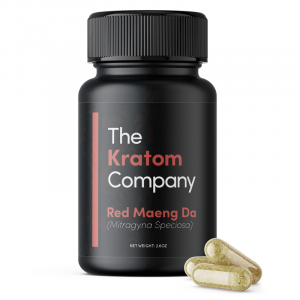 From $24.00Select options This product has multiple variants. The options may be chosen on the product page
From $24.00Select options This product has multiple variants. The options may be chosen on the product page -
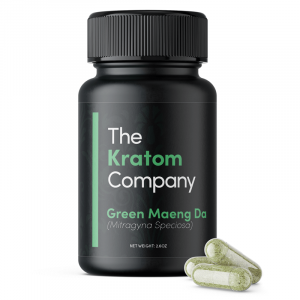 From $24.00Select options This product has multiple variants. The options may be chosen on the product page
From $24.00Select options This product has multiple variants. The options may be chosen on the product page -
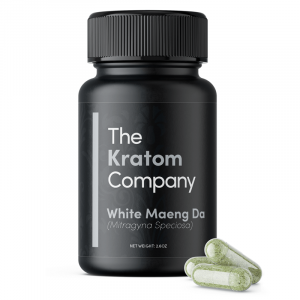 From $24.00Select options This product has multiple variants. The options may be chosen on the product page
From $24.00Select options This product has multiple variants. The options may be chosen on the product page
Explore More Posts
Product Search
Featured Products
-
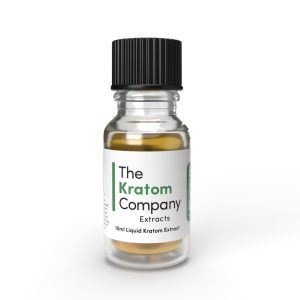 Pure Kratom Liquid Extract
Rated 4.72 out of 5From $20.00
Pure Kratom Liquid Extract
Rated 4.72 out of 5From $20.00 -
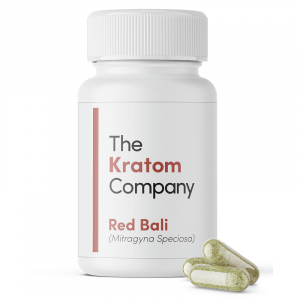 Red Vein Bali Kratom Capsules
Rated 4.70 out of 5From $24.00
Red Vein Bali Kratom Capsules
Rated 4.70 out of 5From $24.00 -
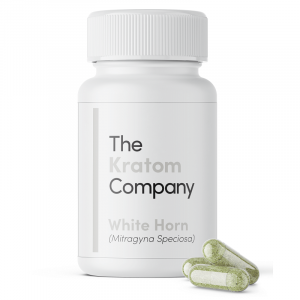 White Horn Kratom Capsules
Rated 4.88 out of 5From $24.00
White Horn Kratom Capsules
Rated 4.88 out of 5From $24.00
Follow Us
Strains
Blogs
NEWSLETTER
Sign up for our newsletter!

These statements and products presented on this website have not been evaluated by the Food and Drug Administration FDA. The products mentioned on this website are not intended to diagnose, prevent, treat or cure any diseases or health conditions. Therefore any information on this website is presented solely as the opinions of their respective authors who do not claim in any way shape or form to be medical professionals providing medical advice. The KRTM Company and its owners or employees cannot be held responsible for, and will not be liable for the inaccuracy or application of any information whatsoever herein provided. By purchasing our products you agree that you are aware and in compliance with your local county, state, or federal regulations. Must be 21 years or older to purchase Kratom. The US FDA has not approved kratom as a dietary supplement. We do not ship to the following states, cities and counties in the US where Kratom is banned: Alabama, Arkansas, Indiana, Rhode Island, Vermont, Wisconsin, Sarasota County, FL, Union County, MS, Denver, CO, San Diego, CA, and Jerseyville, IL.

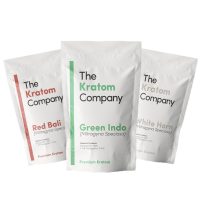




This Post Has 2 Comments
This battle can and will be won as long as the kratom community continues to fight!
Love this #keepkratomlegal #passtheKCPA